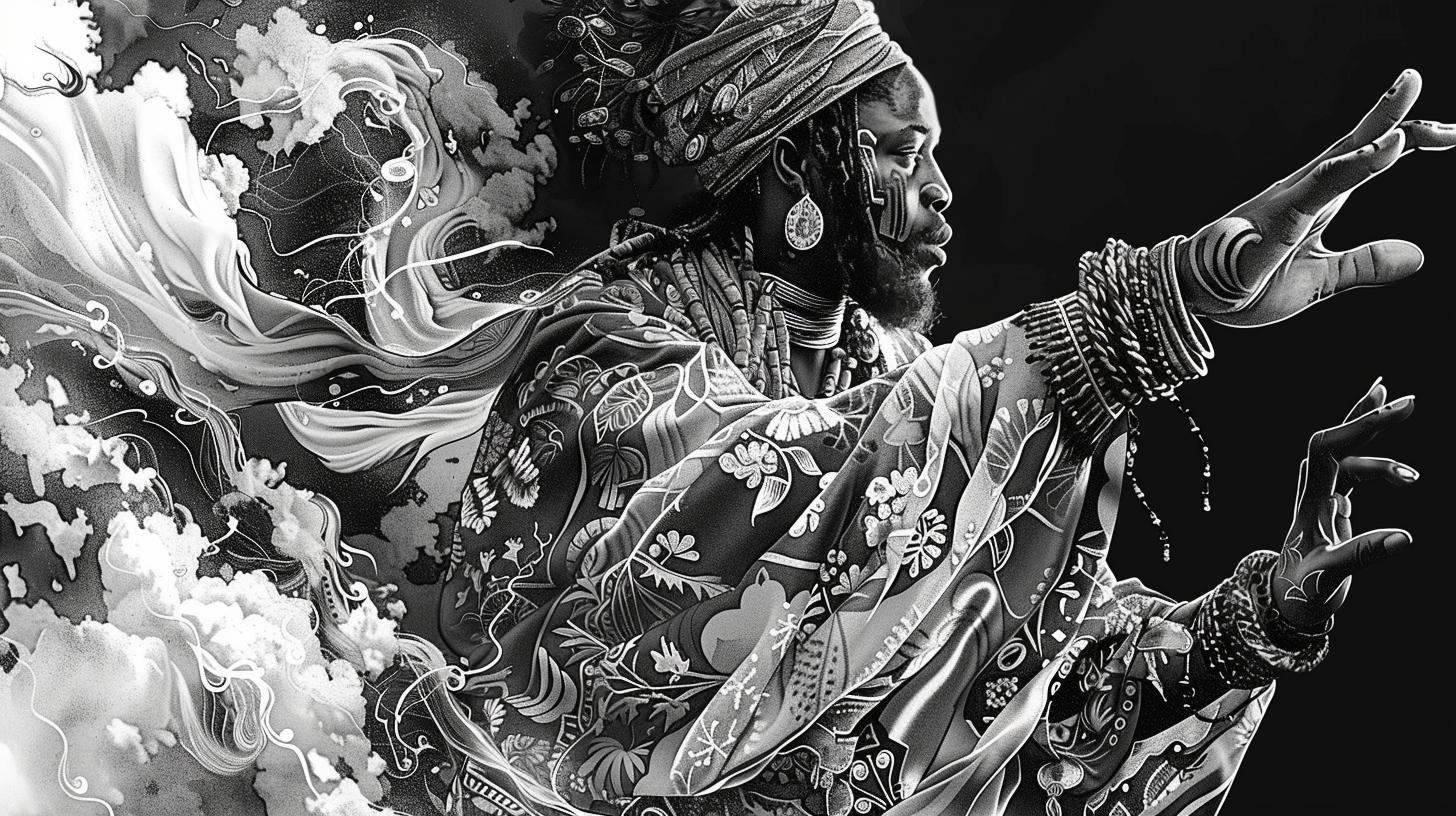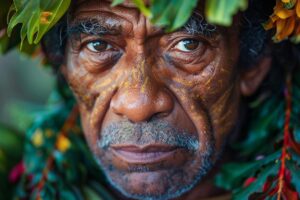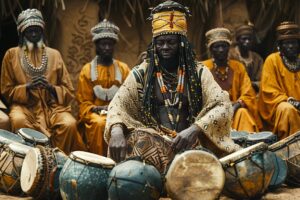Tsumburbura: Exploring the History and Legends in Kano, Nigeria

Tsumburbura is a sacred place in Kano, Nigeria, known for its historical and religious significance. Barbushe plays a crucial role in Tsumburbura, overseeing rituals and prophecies. The area embodies a blend of pagan practices and Islamic influences.
Dala Hill holds great importance in the region, serving as a center of power and adoration. Bagauda’s arrival marked a significant transformation in Tsumburbura’s history, shaping its evolution over time.
Tsumburbura: Overview of the Sacred Place
Tsumburbura, located in Kano, Nigeria, holds significant religious and historical value.
Barbushe plays a crucial role in Tsumburbura, guiding various rituals and practices. The history of Tsumburbura in Kano is intertwined with diverse religious beliefs, including pagan traditions and Islamic influences.
The Role of Barbushe in Tsumburbura
Barbushe, the main priest in Tsumburbura, is a central figure in leading ceremonies and prophetic activities.
His presence and leadership shape the spiritual landscape of Tsumburbura, fostering a connection between the community and the sacred site.
The History of Tsumburbura in Kano, Nigeria
The history of Tsumburbura in Kano, Nigeria, showcases a blend of pagan practices and Islamic heritage. Over time, Tsumburbura has evolved as a center of power and worship, attracting followers and seekers of spiritual enlightenment.
Religions in Tsumburbura
Exploring the religious landscape of Tsumburbura provides insight into the diverse spiritual practices that coexist within the region.
Pagan Practices in Tsumburbura
Within Tsumburbura, ancient pagan rituals and customs play a significant role in the cultural fabric of the community. These practices, deeply rooted in tradition, are celebrated through ceremonies that honor nature and ancestral spirits.
Islam Influence in Tsumburbura
The influence of Islam in Tsumburbura is palpable, blending seamlessly with pre-existing belief systems to create a unique spiritual tapestry. Islamic traditions, such as prayer and fasting, intermingle with local customs, enriching the religious landscape of Tsumburbura.
Rituals and Prophecies in Tsumburbura
Delving into the mystical realm of Tsumburbura reveals intricate rituals and profound prophecies that have shaped the spiritual landscape over centuries.
The Arrival of Bagauda
The enigmatic arrival of Bagauda heralded a time of transition and transformation in Tsumburbura, stirring the depths of tradition and belief.
Significance of Dala Hill in Tsumburbura
- The revered Dala Hill stands as a sacred beacon in Tsumburbura, symbolizing power and connection to the divine.
- Its towering presence has witnessed countless rituals and prophecies, imbuing the land with spiritual resonance.
Transformation in Tsumburbura
Exploring the evolution of Tsumburbura’s history reveals a dynamic narrative shaped by cultural shifts and external influences.
Diving into the roots of this sacred place unveils a journey of change and growth that mirrors the societal transformations in Nigeria.
Evolution of Tsumburbura’s History
- The historical trajectory of Tsumburbura is a tapestry woven with threads of tradition, belief, and change.
- Over time, Tsumburbura has witnessed shifts in leadership, religious practices, and societal norms that reflect the ebb and flow of history.
- The evolution of Tsumburbura’s history showcases the resilience of its people and the adaptability of its traditions in the face of external influences.
Tsumburbura as a Center of Power and Adoration
- Dala Hill stands tall as a symbol of power and reverence in Tsumburbura, serving as a focal point for spiritual practices and communal gatherings.
- The significance of Dala Hill extends beyond its physical presence, embodying the deep-rooted connection between the people of Tsumburbura and their sacred land.
- As a center of adoration, Dala Hill serves as a testament to the enduring faith and devotion of the community, transcending generations and shaping the cultural identity of Tsumburbura.
.









